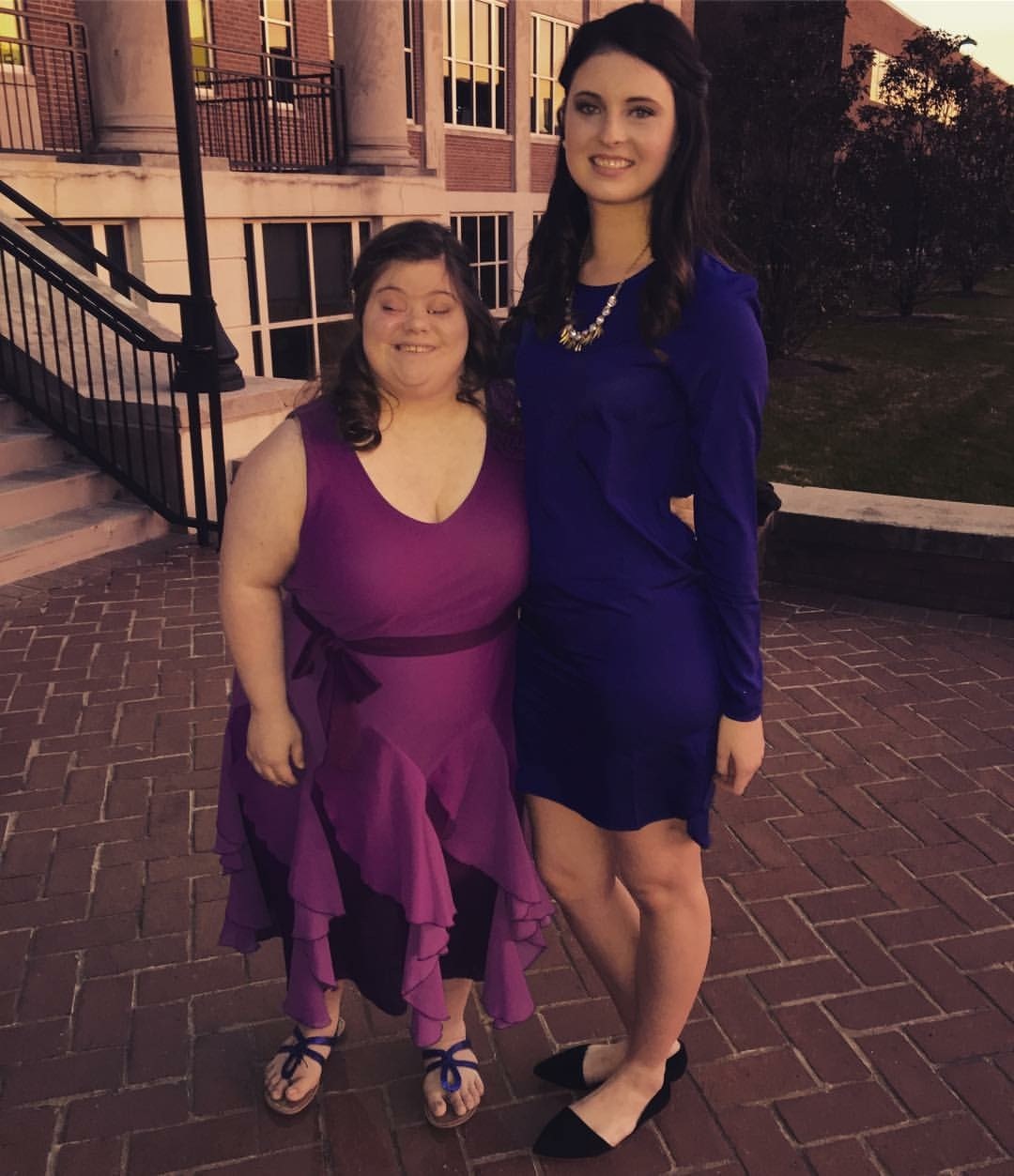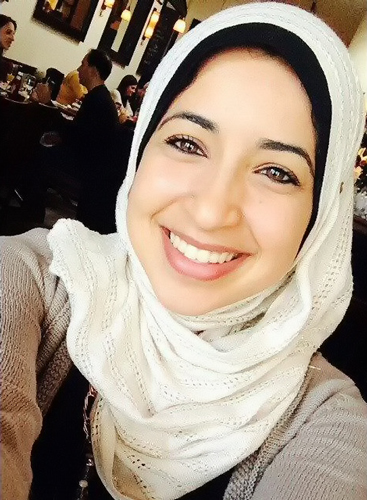news

How To Talk To Our Kids About People With Disabilities

“Mommy, why is that boy in a wheelchair?” “Hey Dad, that girl talks funny.” These are common phrases your young, curious child might say out loud when first encountering a person with a disability or special need. As a parent how do you reply?
This question took me off-guard when my own daughter first asked about an adult with a prosthetic limb. It was during her pre-school screening and the woman administering the screening was using a body-powered hook. This was completely fascinating to my three year old and generated all sorts of questions. Luckily the woman was a grade-school teacher, and used to explaining and answering the questions of many young, inquisitive minds. She relieved me of having to come up with the right answer at the time. As my daughter enters school for the first time and encounters children with special needs, I’ve started thinking about that discussion again. What is the best way to talk to our children about people with disabilities and special needs? Here are a few approaches experts recommend to help our children be accepting and sensitive of others:
Be matter of fact. In this politically correct world, as parents we may be inclined to just brush off our child’s questions or avoid going into a lot of detail for fear of saying the wrong thing. I think most of us are educated enough to avoid using negative words when talking with our kids. However, we may be automatically inclined to convey sympathy in our responses to our children’s questions, saying things like “that poor boy must not be able to use his legs”. Susan Linn, a psychologist at the Judge Baker Children’s Center at Harvard Medical School, suggests the “matter of fact” approach and to avoid emotion when talking about people’s disabilities. Her suggested response to a question about a person in a wheelchair is this: “I imagine he may be having problems with his legs. He can’t walk.”
Be open and honest. We can explain that people with disabilities may have been born that way, or had an accident or an illness. We should also emphasize that it is not contagious, as kids may be fearful of this, thinking they can “catch” it. When we don’t know the answers to our kids’ questions, we can be honest about it and try to find out the answer or suggest doing research together. Children with disabilities and their parents often encourage questions. If the opportunity is there to talk, it might be a good way to get to know someone better and perhaps even foster a friendship.
Talk about differences and what makes people unique – An article titled “Disabilities” by the Fred Rogers Company states eloquently that “Helping our children feel comfortable with people who have disabilities begins with helping our children feel good about their own uniqueness.” We can teach our children that no two people are the same and that some differences are just more noticeable than others. Giving examples, like pointing out a classmate who wears glasses to see better can help get this point across. Although it may be a harder concept to grasp at a young age, we can also let our children know that a disability is just a part of who a person is and that it doesn’t define them.
Discuss what makes all children the same. Kids with and without disabilities really want the same things. All kids want friends and to be included in activities. All kids have common interests and hobbies. Kids with disabilities can do many of the same things kids without disabilities can do, even if they require additional assistance or take longer. Books are a great way to get kids thinking and talking about this topic. A few of the ones we like in our house are the Carlos Series and “Don’t Call Me Special”. TeacherVision and Friendship Circle have good lists of books as well.
Teach respect, awareness and sensitivity. We all know that children learn from our example. Kids pick up not only on what we say about others but how we act towards others. This includes how we greet people, how we treat people and how we speak about them afterward. Let your child know what behavior is inappropriate, like pointing and staring, and what behavior is absolutely unacceptable like name calling and bullying. Encourage your child to be unafraid of their peers with special needs and to include them in things such as school activities and play dates.
My girlfriend Kate who has a six-year-old son with autism shared a wonderful perspective. She says “I am very thankful for my son’s classmates, as he relies on them so much to teach him social skills and other skills that he can only learn by example from peers. I really believe though that he can give them something back in return, and that is the gift of acceptance and tolerance.”
As parents we want our children to grow up to be kind, and to be accepting and tolerant of others, not just those with disabilities. These are lifelong skills that our children will need to be successful far beyond the school years. We all need to know how to get along with people that are different from us, as that is pretty much everyone!
Parents, if you have additional information, tips or stories that you would like to share I invite you to e-mail me at jenvanrooy@orionassoc.net. I’m interested in doing a follow up article with input from you and your experiences with this topic.
Jen Van Rooy is the Community Manager for Orion Associates, a social services and management company. Jen’s professional experience includes overseeing the self-directed services for Orion ISO and Morning Star Financial Services as well as a human resources background. She resides in Appleton Wisconsin with her husband and two young children.


















